I found this on NewsBreak: Activating a gene that slows brain aging and increases lifespan.



Do you have a big nose you despise? Or pointy features you find annoying?
Well, blame your mother and her late night pregnancy cravings for chocolate ice cream dusted with Flaming Hot Cheetos.
A new study in Nature Communications suggests that your mother’s diet during pregnancy is a significant factor in how your facial features are shaped due to a complex dance between gene expression and how much protein she ate while you were a fetus swimming inside her tummy — putting a new spin on the phrase “you are what you eat.”
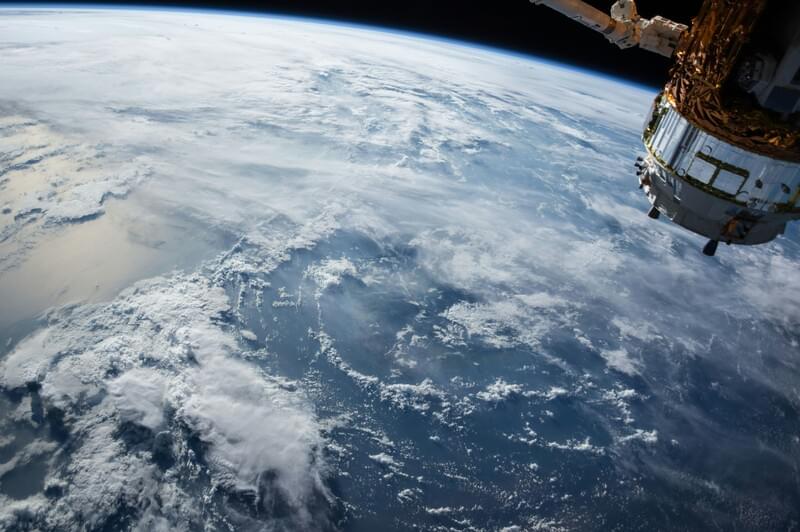
The LASSIE project is preparing for a time when people and robots explore space together.
Learn more about how the #space economy can improve life on #Earth from our new insight report, ‘Space: The $1.8 Trillion Opportunity for Global Economic Growth’:
Space is approaching a new frontier. The space economy is expected to be worth $1.8 trillion by 2035 as satellite and rocket-enabled technologies become increasingly prevalent, according to a new report.
Already, space-enabled technologies drive everything from weather forecasts to the increasingly ubiquitous smart gadgets such as smart watchs. Yet space technologies are also delivering benefits to a wider range of stakeholders, with industries such as retail, consumer goods and lifestyle; food and beverages; supply chains and transport; and disaster mitigation all set to benefit from space innovations.
“Space technologies are delivering greater value to a more diverse set of stakeholders than ever before,” said Sebastian Buckup, Member of the Executive Committee, World Economic Forum. “As costs reduce and accessibility rises, these technologies could reshape whole industries, and have as much impact on business and society as smartphones or cloud computing.”
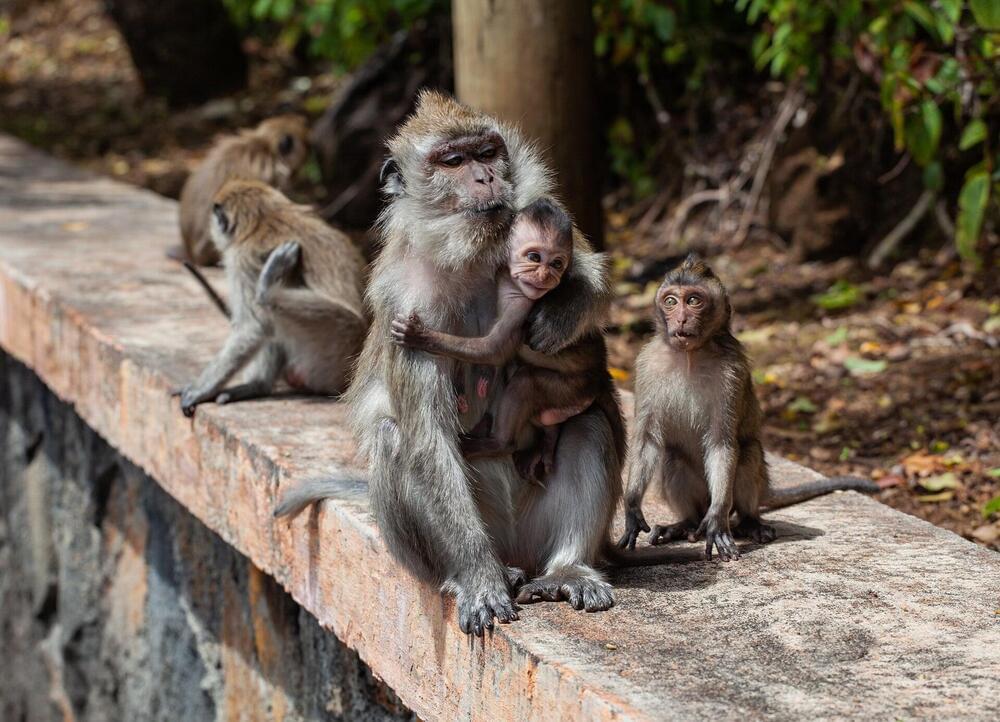
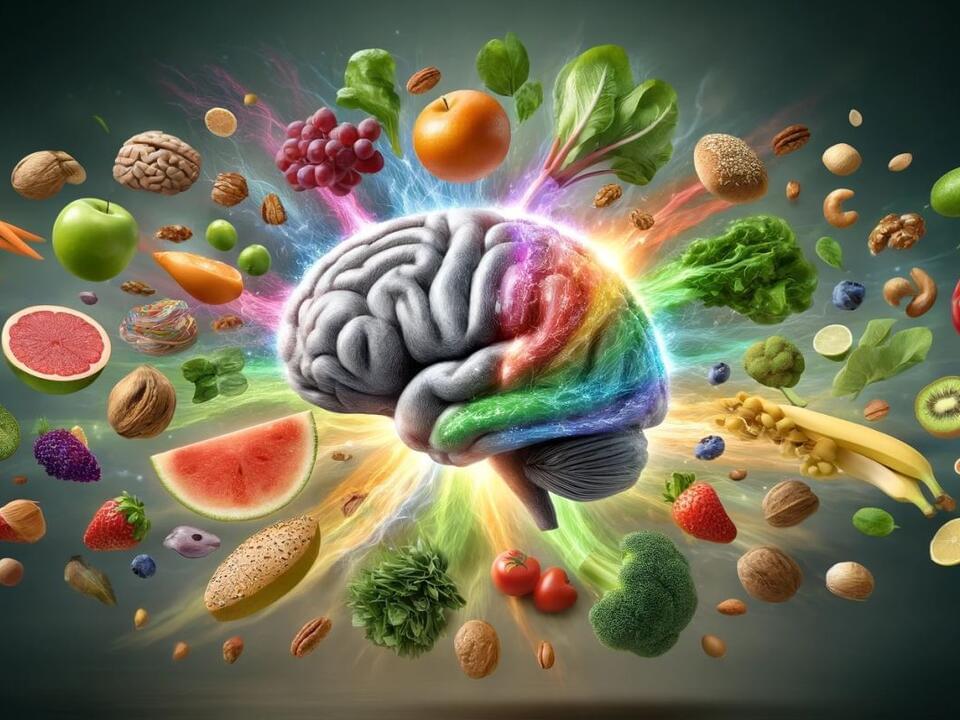

According to its website, the Grok 1.5V connects the physical and digital worlds. The company has highlighted seven examples of its capabilities to explain how the multimodal model works.
A user can share a picture of a flowchart with Grok, and the AI model can translate it into Python code. By simply showing the model a nutrition label, a user can inquire how many calories one would consume by consuming certain portions of the product.
While this might seem like an easy case of multiplication, the AI model can also take a child’s drawing and build an entire bedtime story using it. The model can do the converse, too. Show it a meme, and it will explain why it is funny and provide the context needed to understand it.
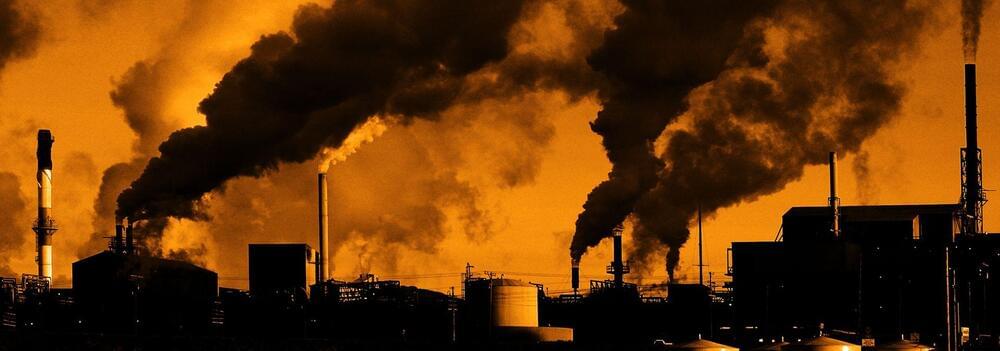
A new hypothesis paper appearing in the Journal of Parkinson’s Disease on World Parkinson’s Day unites the brain-and body-first models with some of the likely causes of the disease–environmental toxicants that are either inhaled or ingested.
Pointing to a growing body of research linking environmental exposure to Parkinson’s disease, the authors believe the new models may enable the scientific community to connect specific exposures to specific forms of the disease. This effort will be aided by increasing public awareness of the adverse health effects of many chemicals in our environment. The authors conclude that their hypothesis “may explain many of the mysteries of Parkinson’s disease and open the door toward the ultimate goal–prevention.”
In addition to Parkinson’s, these models of environmental exposure may advance understanding of how toxicants contribute to other brain disorders, including autism in children, ALS in adults, and Alzheimer’s in seniors. Dorsey and his colleagues at the University of Rochester have organized a symposium on the Brain and the Environment in Washington, DC, on May 20 that will examine the role toxicants in our food, water, and air are playing in all these brain diseases.
Additional authors of the hypothesis paper include Briana De Miranda, PhD, with the University of Alabama at Birmingham, and Jacob Horsager, MD, PhD, with Aarhus University Hospital in Denmark.
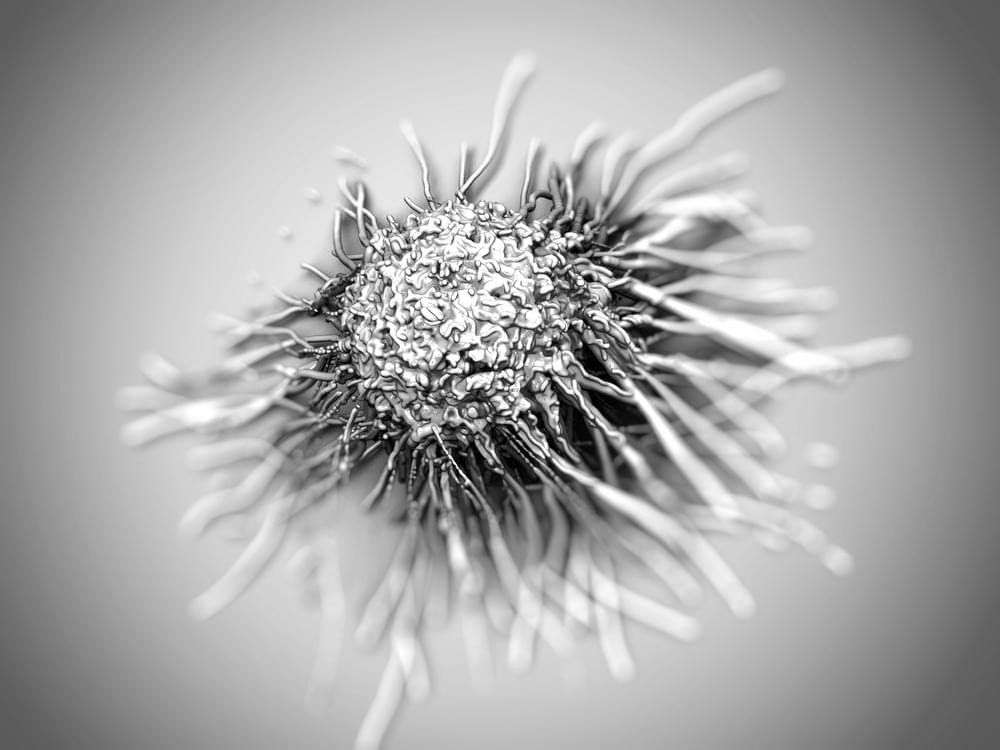
Long suspected to exist, cancer stem cells were discovered in solid tumors about 20 years ago. Is this the long-sought root cause of cancer? Thousands of scientists now believe so. Then why haven’t you heard about this from your oncologist? We delve into the debate on CSCs, and explore which foods and food supplements are most effective in the lab at killing or blocking cancer stem cells.
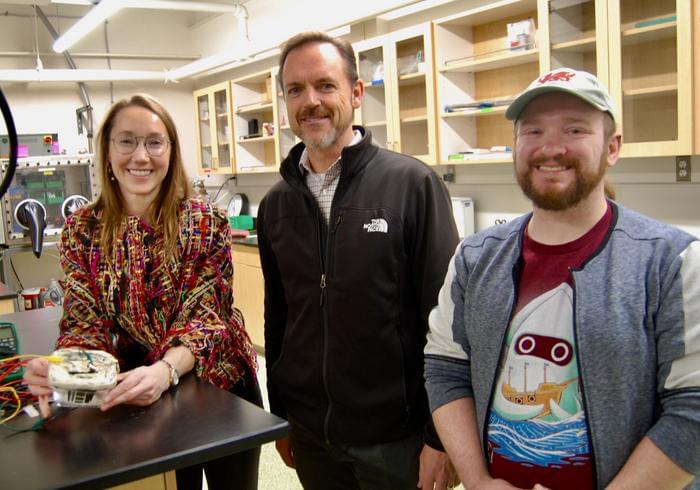
Can you wirelessly power wireless devices, thus improving and advancing the technology known an “Internet of Things” (IoT)? This is what a recent study published in Energy & Environmental Science hopes to address as a team of researchers from the University of Utah investigated how pyroelectrochemical cell (PECs) could be used to self-charge IoT devices through changes in immediate surrounding temperature, also known as ambient temperature. This study holds the potential to help a myriad of industries, including agriculture and machinery, by allowing IoT devices to charge without the need for electrical outlets.
“We’re talking very low levels of energy harvesting, but the ability to have sensors that can be distributed and not need to be recharged in the field is the main advantage,” said Dr. Roseanne Warren, who is an associate professor in the Mechanical Engineering Department at the University of Utah and a co-author on the study. “We explored the basic physics of it and found that it could generate a charge with an increase in temperature or a decrease in temperature.”

One of the largest threats to human health is obesity, but now researchers from the University of Aberdeen Rowett Institute have made an important discovery in how the brain controls food intake.
Obesity and being overweight have become the “new normal” in modern times and can lead to a multitude of health problems. We know that excess weight is primarily caused by eating more calories than the body needs; however, new research published in Current Biology has found a specific cluster of cells in the brain that control body weight.
How the brain controls hunger has not been fully defined. The researchers discovered a cluster of brain cells that can be harnessed to reduce food intake and body weight. One way they do this is by turning down cells that stimulate hunger.